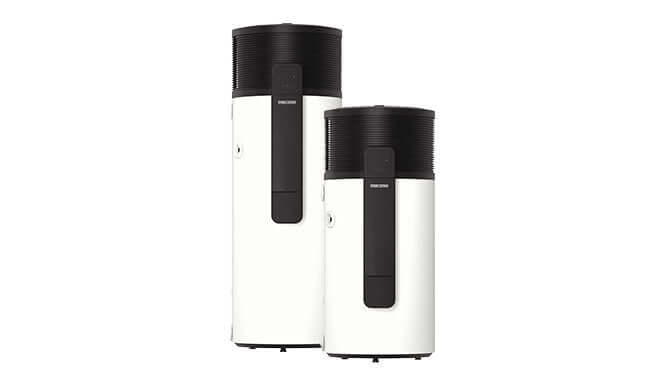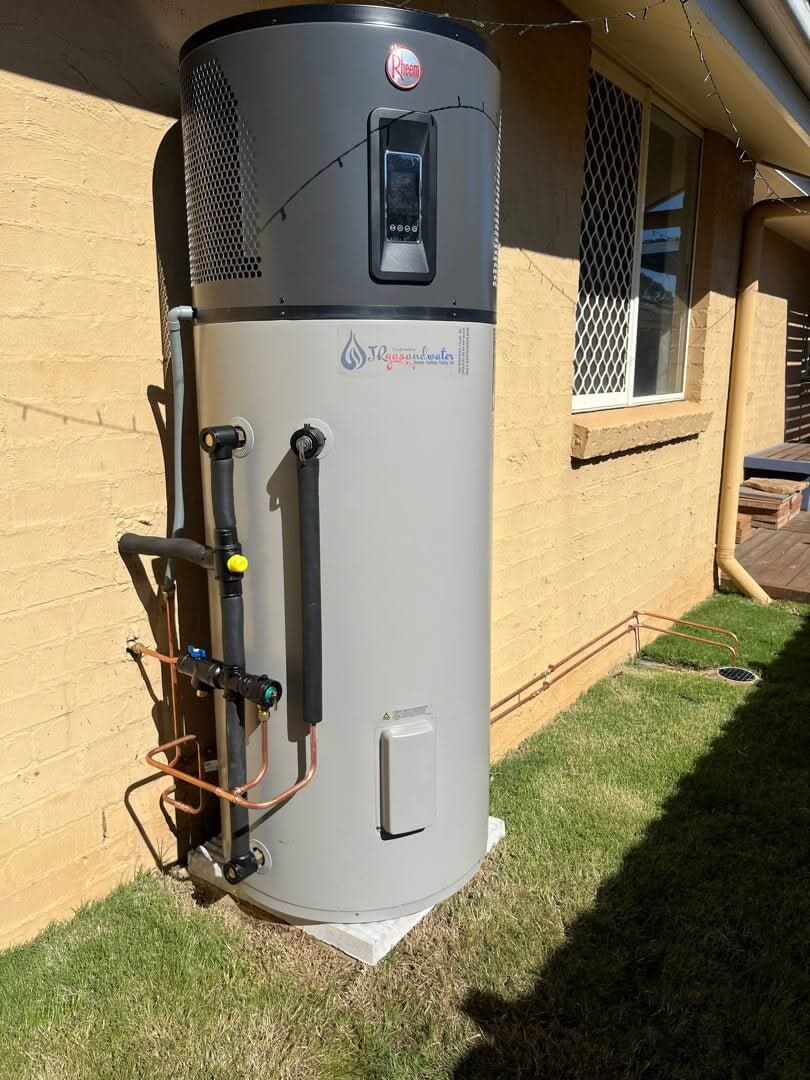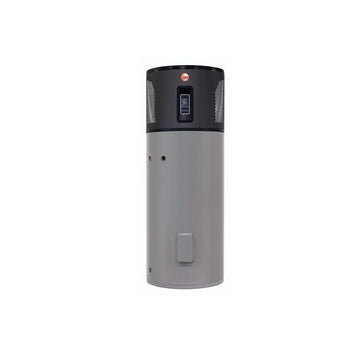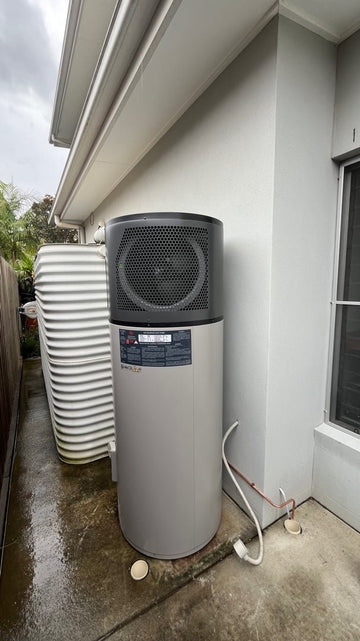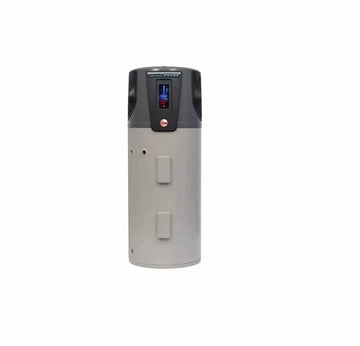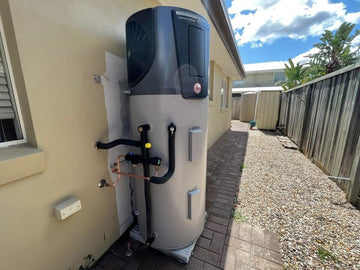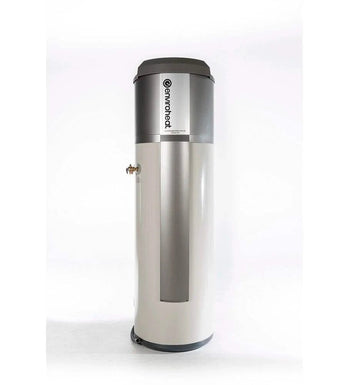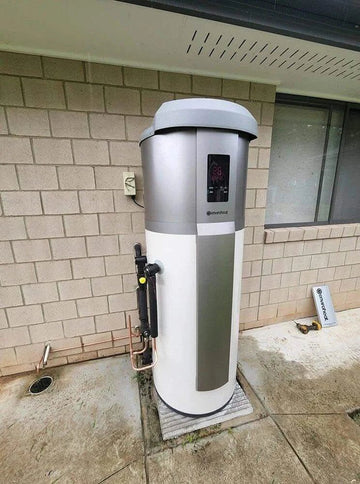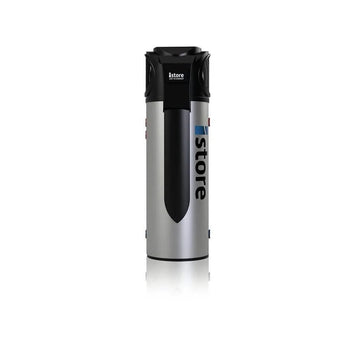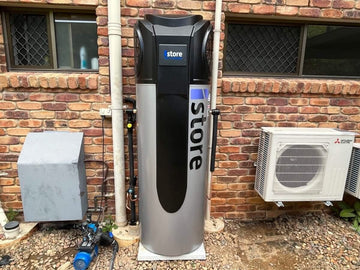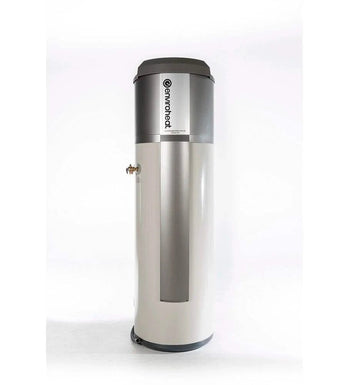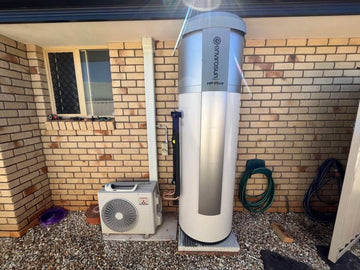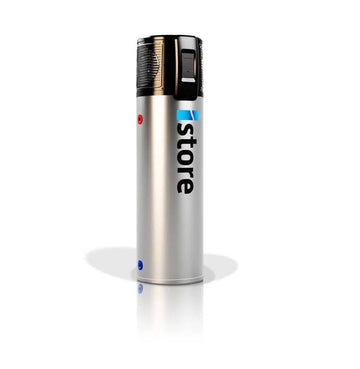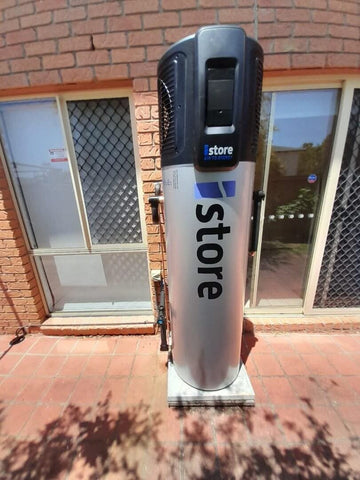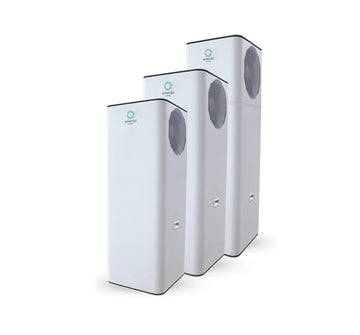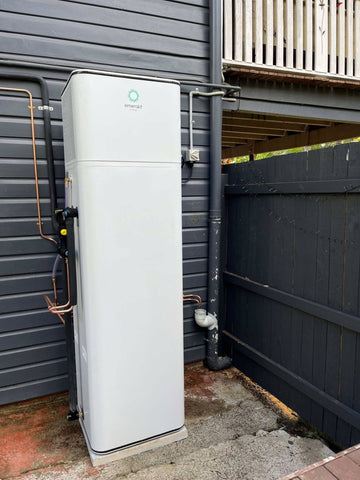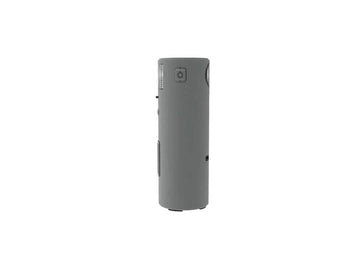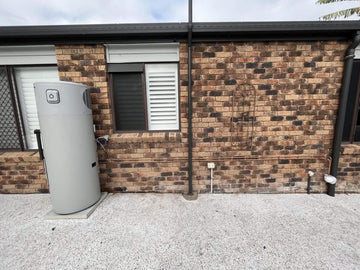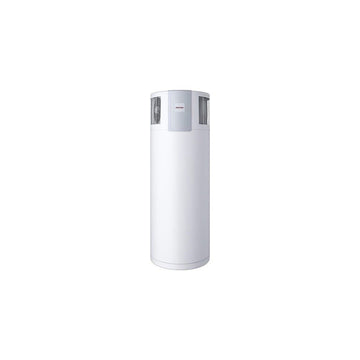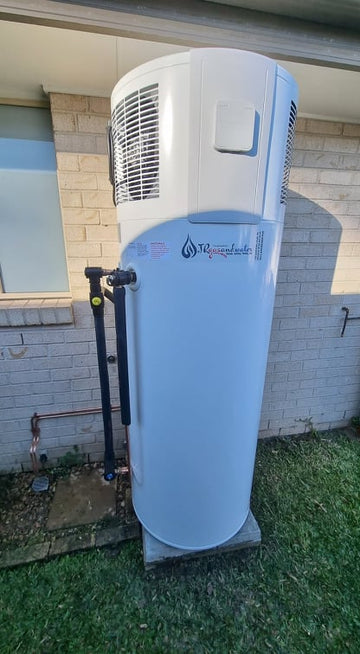Best Commercial Hot Water Systems for Business Efficiency
For businesses that depend on consistent, high-volume hot water, choosing the right commercial hot water system is critical. Whether you operate a restaurant, hotel, hospital, gym, or industrial facility, efficiency, reliability, and long-term cost savings should be top priorities.
This guide covers the best commercial hot water solutions, with a spotlight on energy-efficient heat pump technology from leading brands Rheem, Stiebel Eltron, and Rinnai.
Key Takeaways
-
✅ Heat pump hot water systems from Rheem, Stiebel, and Rinnai offer energy efficiency and lower operational costs.
-
✅ Heat pumps are 3–4x more efficient than traditional systems, reducing electricity use and carbon emissions.
-
✅ Businesses can choose between continuous flow, heat pump, or storage systems depending on their needs.
-
✅ Professional installation and maintenance ensure longevity and reliability.
Why Commercial Businesses Need a Reliable Hot Water System
Commercial hot water isn’t a luxury—it’s a necessity. In hospitality, healthcare, food service, and manufacturing, hot water failures disrupt operations and increase costs.
Heat pump hot water systems are now a top choice due to their:
-
🌱 Sustainability – They harness ambient air to generate heat, significantly reducing electricity use.
-
💰 Lower Energy Bills – Use up to 75% less electricity than standard electric heaters.
-
⚡ High-Demand Performance – Reliable hot water even in peak usage.
-
🔧 Long-Term Durability – Designed for intensive commercial environments.
Types of Commercial Hot Water Systems
1. Heat Pump Hot Water Systems
Best for: Businesses seeking sustainability, energy savings, and long-term efficiency.
How it works:
-
Transfers ambient air heat into water
-
Works with solar PV for extra savings
-
Reduces dependency on the grid
Top Models:
-
Rheem Ambiheat 270L Heat Pump – Perfect for large-scale commercial use
-
Stiebel Eltron WWK302H – German-engineered energy efficiency
-
Rinnai Enviroflo Heat Pump 315L – Built tough for high-demand applications
2. Continuous Flow Hot Water Systems
Best for: Restaurants, hotels, gyms, and apartment complexes with unpredictable hot water usage.
How it works:
-
Heats water on demand
-
Eliminates energy waste from standby heating
-
Compact and scalable for large facilities
Top Models:
-
Rheem Metro 26 – Suitable for manifolded installations
-
Rinnai Infinity 32 – Delivers continuous, high-volume hot water
3. Storage-Based Gas & Electric Hot Water Systems
Best for: Aged care, hospitals, and industrial sites requiring large reserves of hot water.
How it works:
-
Stores heated water in insulated tanks
-
Rapid delivery during peak periods
-
Compatible with solar or heat pump technology
Top Models:
-
Rheem Stellar 330 – High first-hour delivery with superior recovery
-
Stiebel Eltron SHC15 – Compact but powerful for smaller commercial needs
Why Choose Rheem, Stiebel & Rinnai?
✅ 1. Industry-Leading Efficiency
-
Heat pumps reduce electricity use by up to 75%
-
Pair with solar PV for ultra-low energy costs
-
Smart controls to manage water use more effectively
✅ 2. Lower Operational Costs
-
Continuous flow models only heat water when needed
-
Heat pumps are STC-eligible, lowering upfront costs
-
Long-term savings in both energy and maintenance
✅ 3. Built for Commercial Use
-
Durable materials and robust designs
-
Engineered to handle high water flow and temperature consistency
-
Flexible indoor and outdoor options
✅ 4. Flexible Installation Options
-
Wall-mountable or floor-standing designs
-
Space-saving options for small businesses
-
Scalable for large commercial applications
Installation & Maintenance Tips
🔧 Installation Considerations
-
Choose correct tank size or flow rate to avoid over/under-supply
-
Heat pumps need well-ventilated areas for peak performance
-
Gas hot water systems need safe ventilation zones
🛠 Maintenance Tips
-
Clean heat pump filters and coils
-
Flush storage tanks annually
-
Inspect fittings and pipework
-
Replace sacrificial anodes as needed
Schedule a standard service every 12 months to extend system life and prevent downtime.
Choosing the Right System for Your Industry
| Business Type | Best System Type | Recommended Brands |
|---|---|---|
| Hotels & Apartments | Continuous Flow or Heat Pump | Rheem, Rinnai |
| Restaurants & Cafes | Heat Pump or Continuous Flow | Stiebel, Rinnai |
| Gyms & Sports Centres | Continuous Flow | Rheem, Rinnai |
| Manufacturing Sites | Storage-Based + Booster Option | Rheem, Stiebel |
| Hospitals & Aged Care | Heat Pump + Storage Combo | Stiebel, Rheem |
Final Thoughts
Investing in the right commercial hot water system reduces operational stress, lowers your energy bills, and increases your system’s lifespan. Heat pumps from Rheem, Stiebel Eltron, and Rinnai offer unmatched reliability, backed by JR Gas & Water’s award-winning service and installation across Brisbane and Gold Coast.
Frequently Asked Questions (FAQs)
1. Are heat pump systems suitable for large businesses?
Yes. Commercial-grade heat pumps are engineered for high-demand, continuous-use environments.
2. Do heat pumps work well in winter or cold climates?
Yes. Models like the Rheem Ambiheat 270L are built for performance in low temperatures.
3. What’s the lifespan of a commercial hot water system?
With proper servicing, most systems last 10–15 years or more.
4. Can heat pumps be connected to solar panels?
Absolutely. Heat pumps are highly compatible with solar PV setups for even lower running costs.
5. Why should I choose JR Gas & Water for installation?
We’re the 2023, 2024, and 2025 Best Plumbers & Best Home Care Store winners, known for fast turnaround, expert service, and genuine care for our customers.


